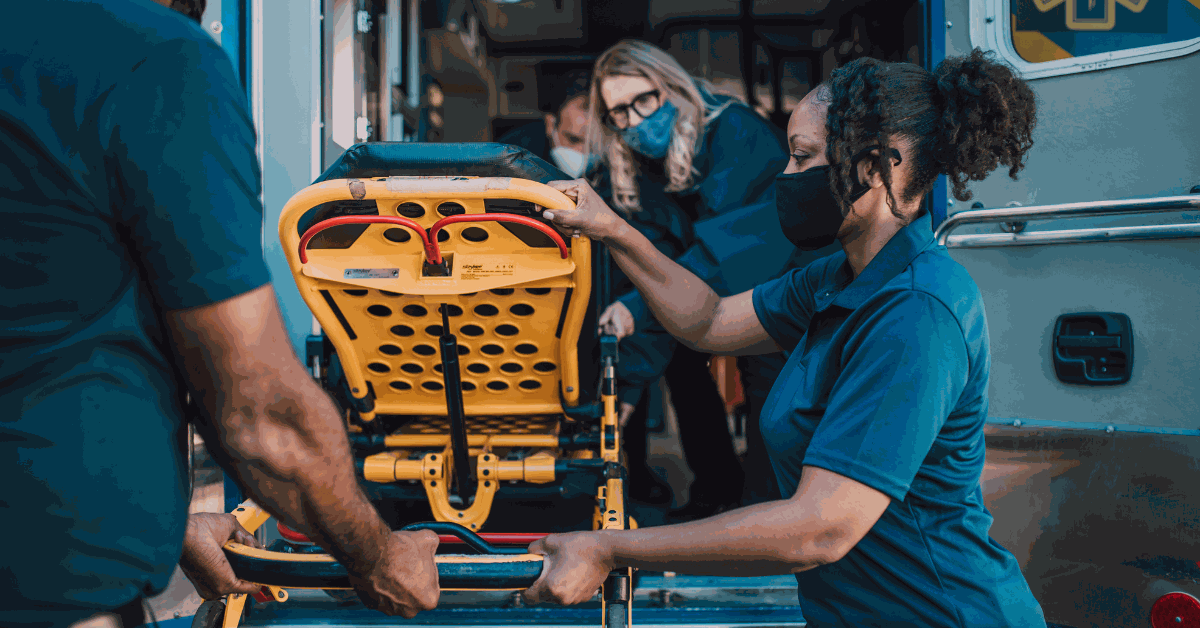There are three special challenges in preparing a corporate representative to testify. First, when corporate representatives are designated, they feel that they are being put into a “know it all” position, which is not realistic or practical. While the amount of study time and preparation time dwarfs that of a regular fact witness, 30b6 witnesses need to be told that they are not required to know every detail of the company’s history and operations (it is impossible). They need to demonstrate the skills of a leader by clarifying what is delegated to whom and why. They need to be seen as confident leaders who know how to organize talent and keep lines of communication flowing. They do not have to suddenly become an expert at finance, operations, IT, sales, marketing, or any other functional area. If they try to be an expert on every topic, they will not come across as credible or believable.
Second, many, if not most executives got to their positions of status by being more aggressive than their colleagues. Along the way to the corner office they learned that conflict-seeking and even occasional aggression gets rewarded. They may have a personal style that is genteel or diplomatic, but when push comes to shove under cross they are very likely to revert to the idea that the best defense is a good offense, resulting in intense defensiveness and argumentativeness. Those traits do not promote credibility or believability during sworn testimony. Third, they despise litigation and hate attorneys – even their own! They see legal issues and attorneys as necessary evils that are extraordinarily expensive. These emotions affect their willingness to take advice in witness preparation sessions and to be calm during a deposition.
If you could tell a corporate representative only one thing in order to prepare him or her for a deposition, it should be: “You don’t have to be perfect on substance; but you MUST be perfect on demeanor and professionalism.” (i.e., anything related to substance can be “fixed” with more questioning; but if a corporate representative comes across as arrogant, angry, scared, anxious, or apathetic, the entire corporation will be perceived that way at trial. The corporate rep’s demeanor and professionalism is the face and heartbeat of the entire corporation). Put another way… “deposition testimony is indeed trial testimony.” Our research has shown that 95% of damaging or ineffective testimony can be traced to two specific neuropsychological errors: 1) cognitive processing errors and 2) emotional-survival response errors. Poor deposition testimony can drastically increase the cost of litigation and settlement value and is also the top cause of adverse trial verdicts with high damage awards.
There are three common mistakes corporate representatives make in a deposition. First, they try to win with every answer instead of just answering the questions honestly. Second, they do not utilize their rights as a witness: 1) asking for questions to be restated/rephrased; 2) being patient before answering; and 3) asking to review a document before answering. Third, they forget that their demeanor/character is just as valuable as the substance of their answers.
The solution to each of these mistakes is to train the corporate representative to understand their role in the litigation process and how they must master their behavior, emotion, and cognition to keep from being taken advantage of by opposing counsel. Witness training for a corporate representative is different than fact witness training because of the breadth of questions they will receive, as well as the fact that they are, for all intents and purposes, considered by the jury to be the company personified. Every response, action, gesture, tone, smile, body language, choice of attire, heavy sigh, ill-timed laugh, and more will be attributed to the company they represent. Training on managing their cognitive processing and behavioral and emotional reactions will be key to how a jury perceives them and, therefore, the company they represent. Without adequate neurocognitive training for cognition, behavior, and emotion, a poor performance from a corporate representative could be disastrous for your case.
Corporate representative testimony is critical and difficult but with the appropriate training, practice, and preparation, your 30b6 witnesses can be one of your greatest assets.
Be confident in achieving superior litigation outcomes. CSI has the expertise, track record, and capabilities to help you win.



